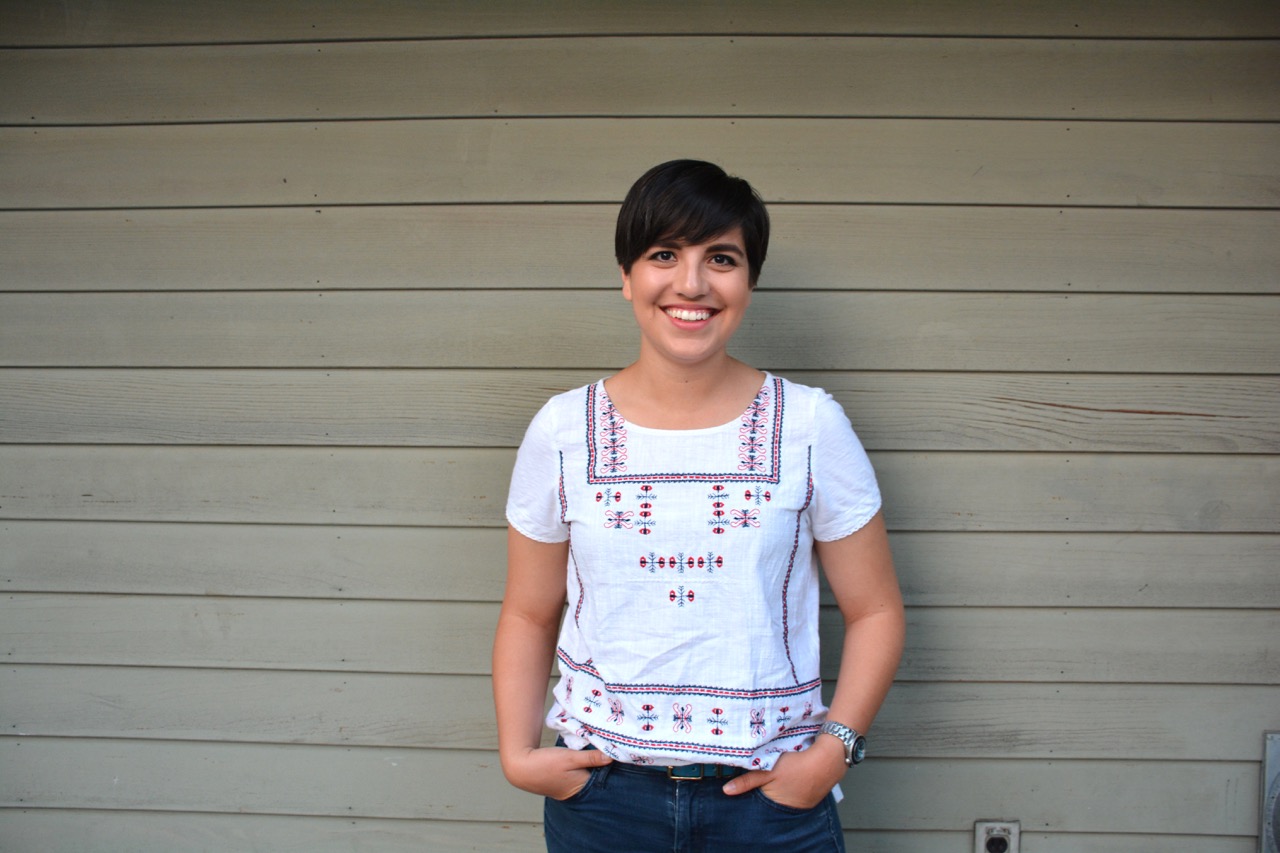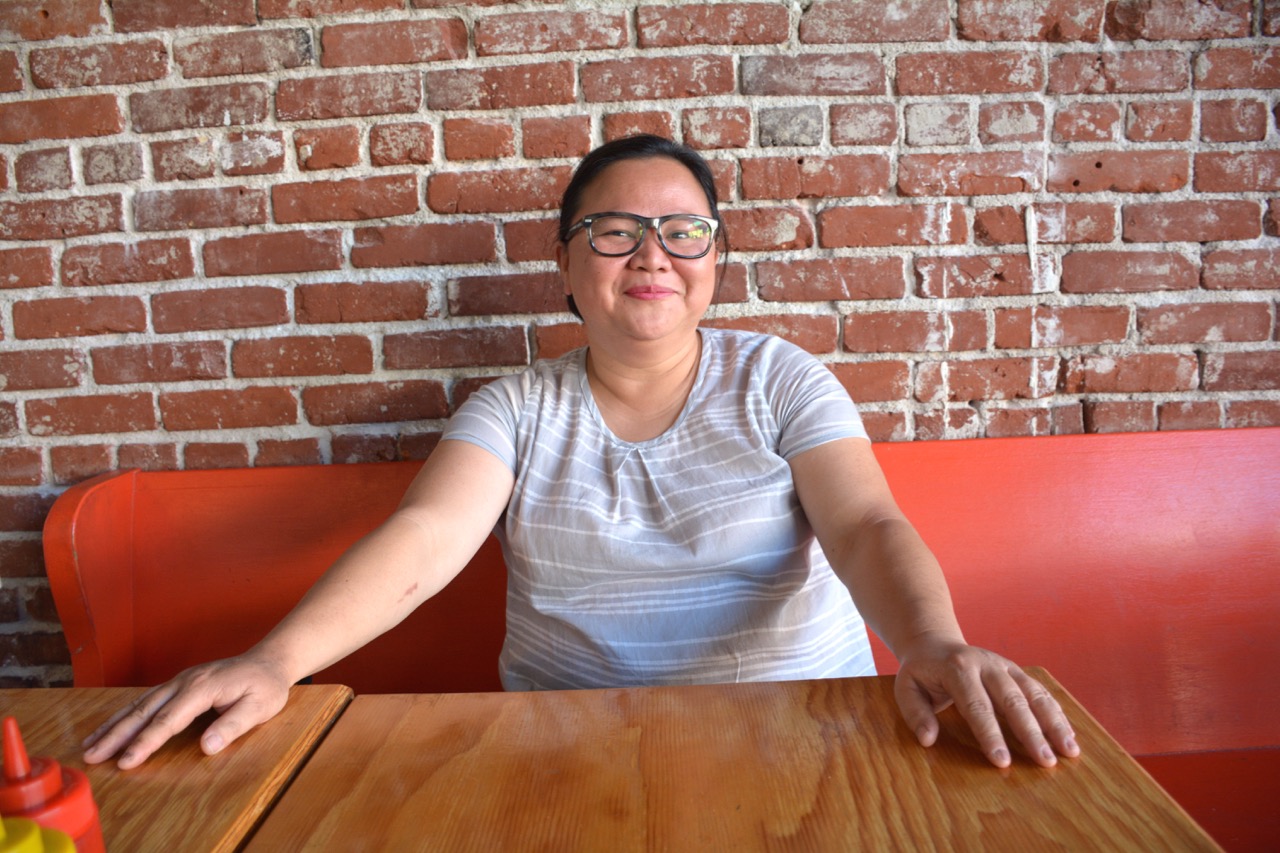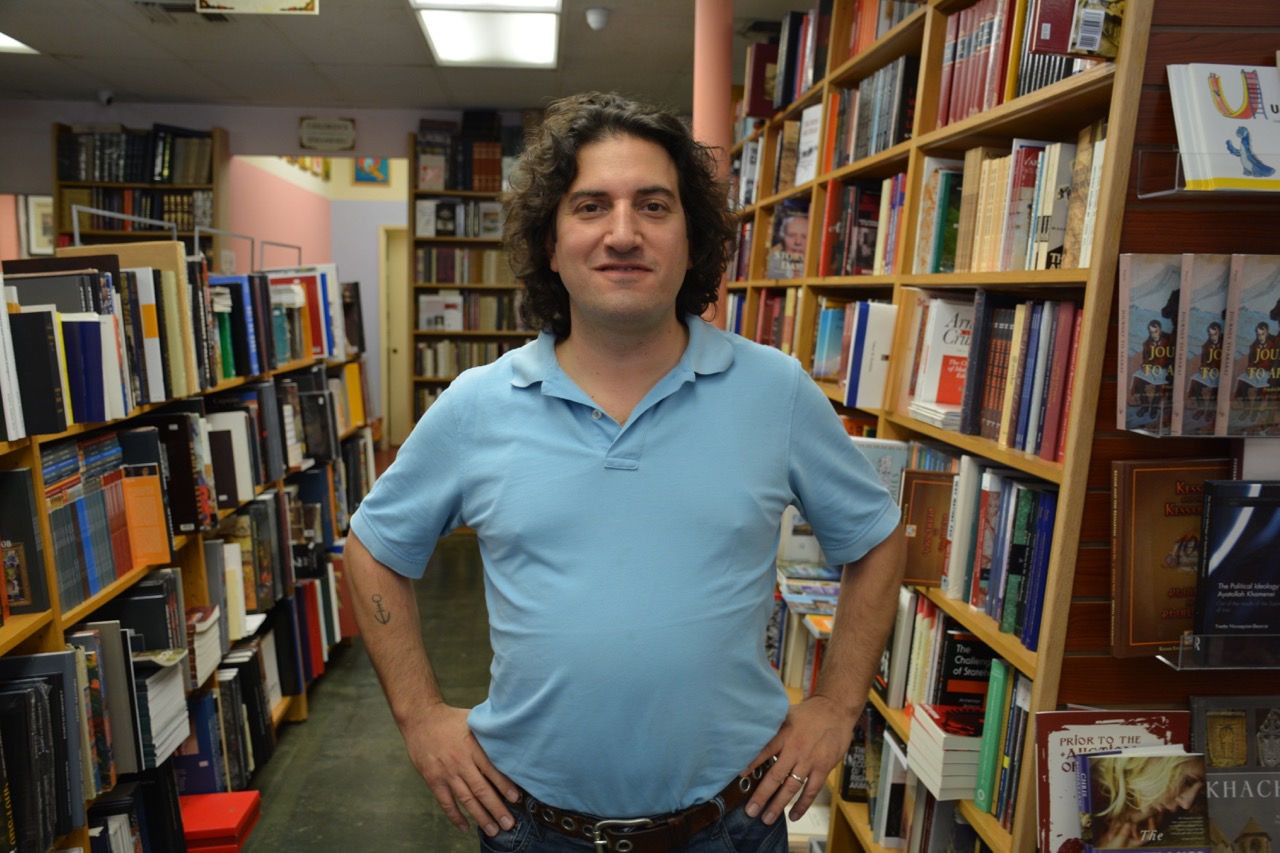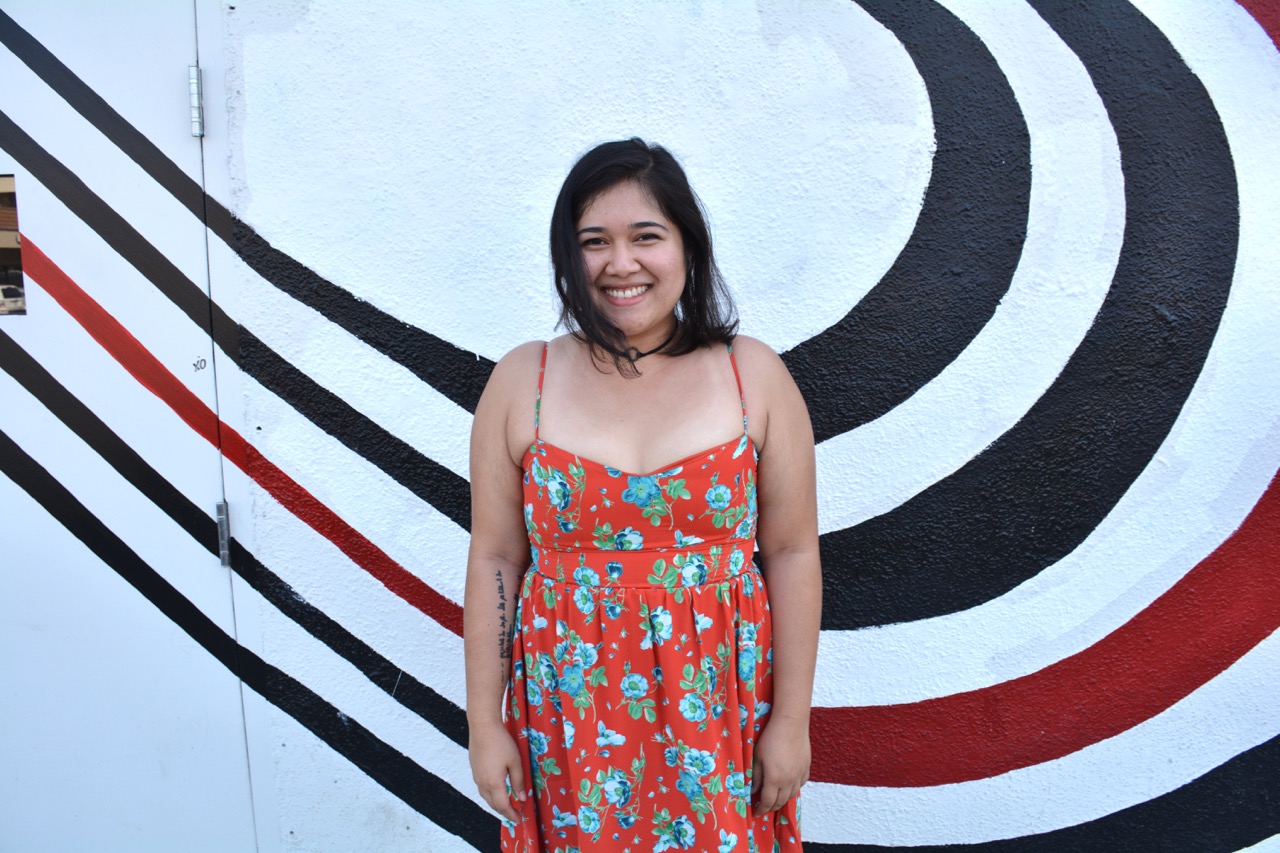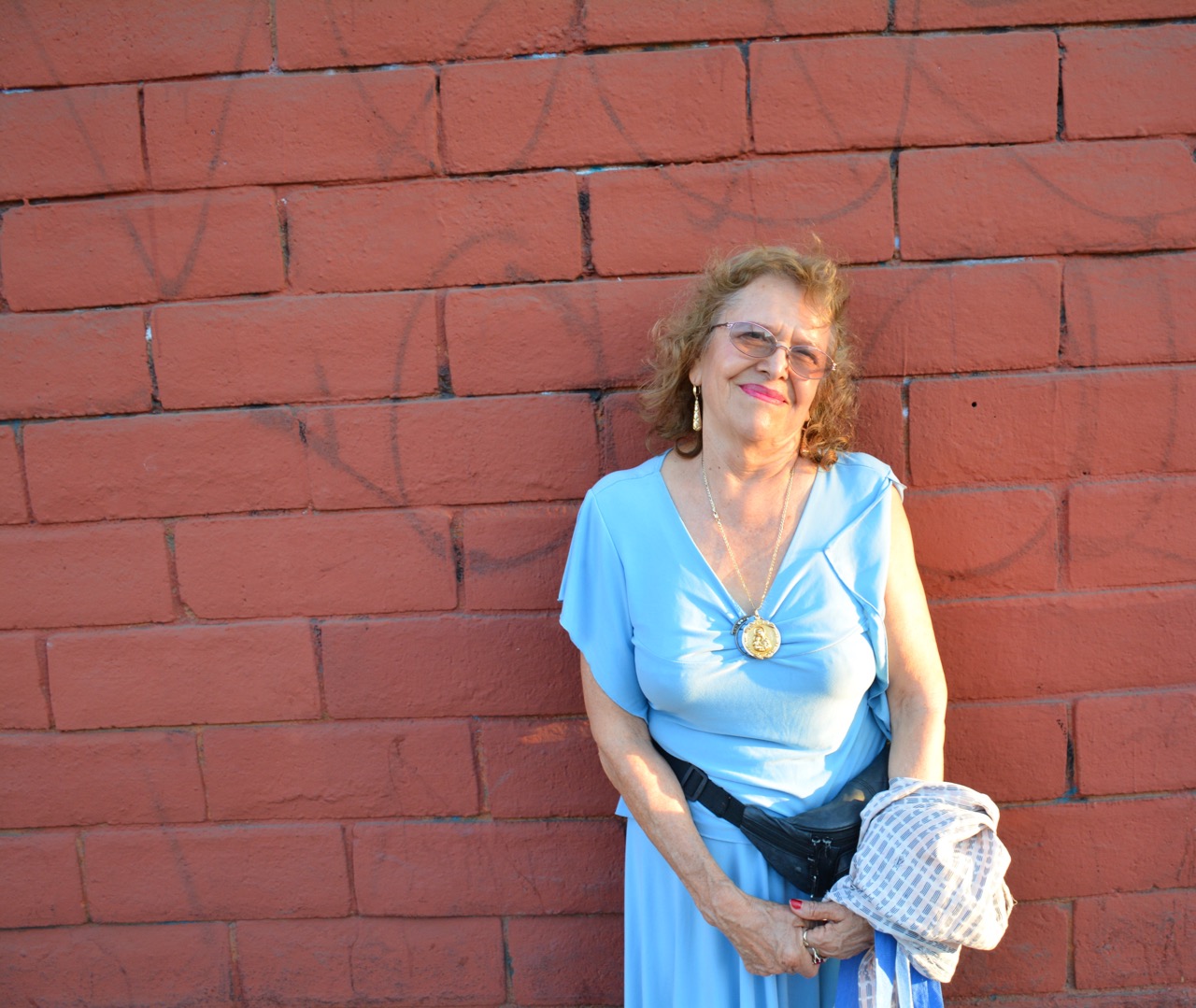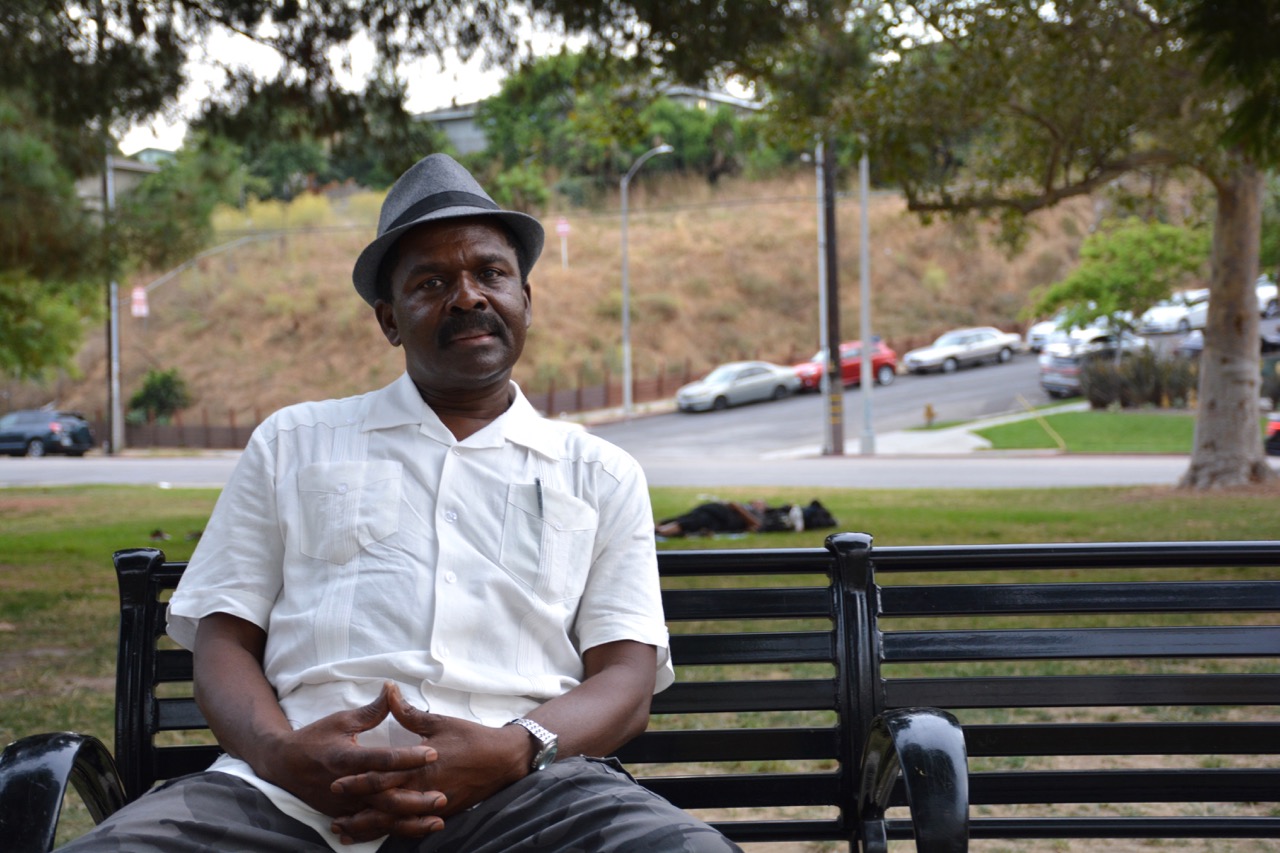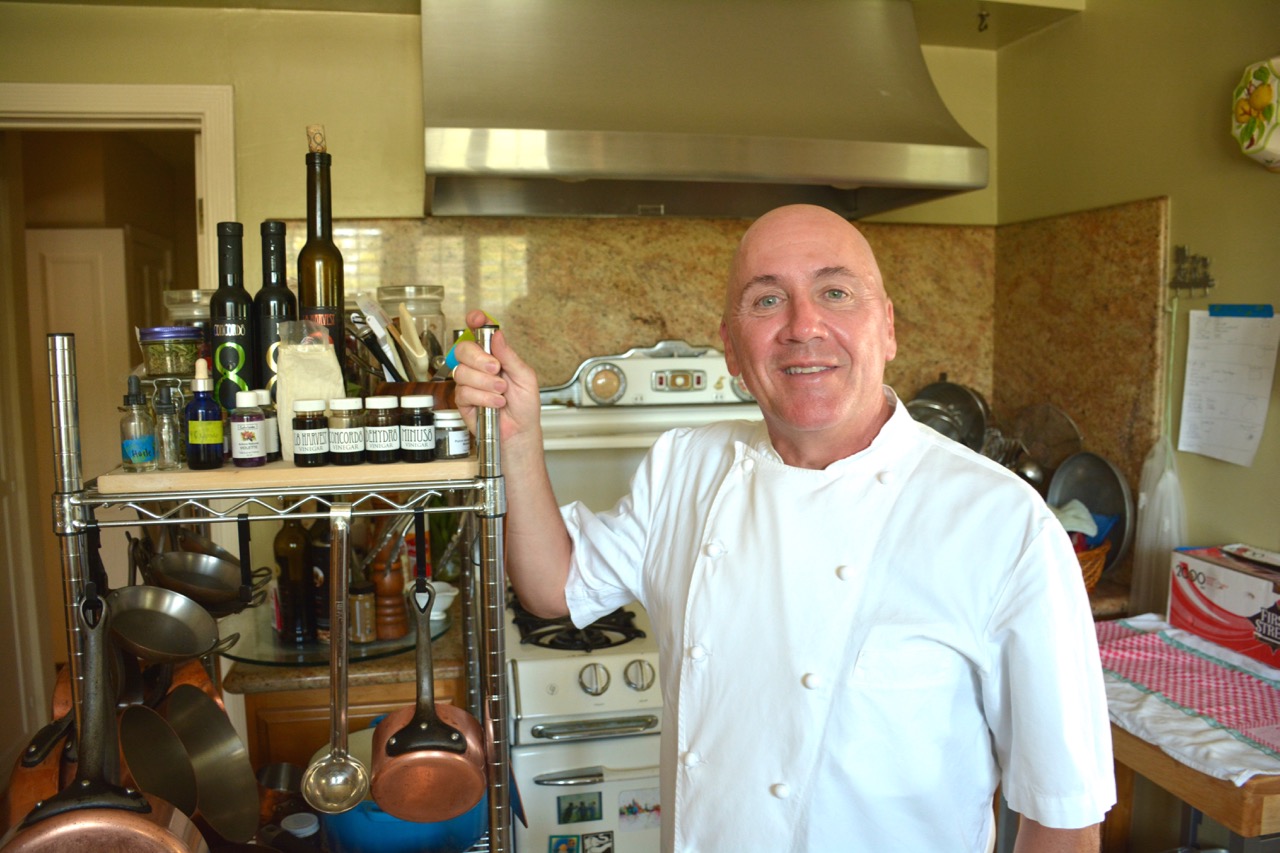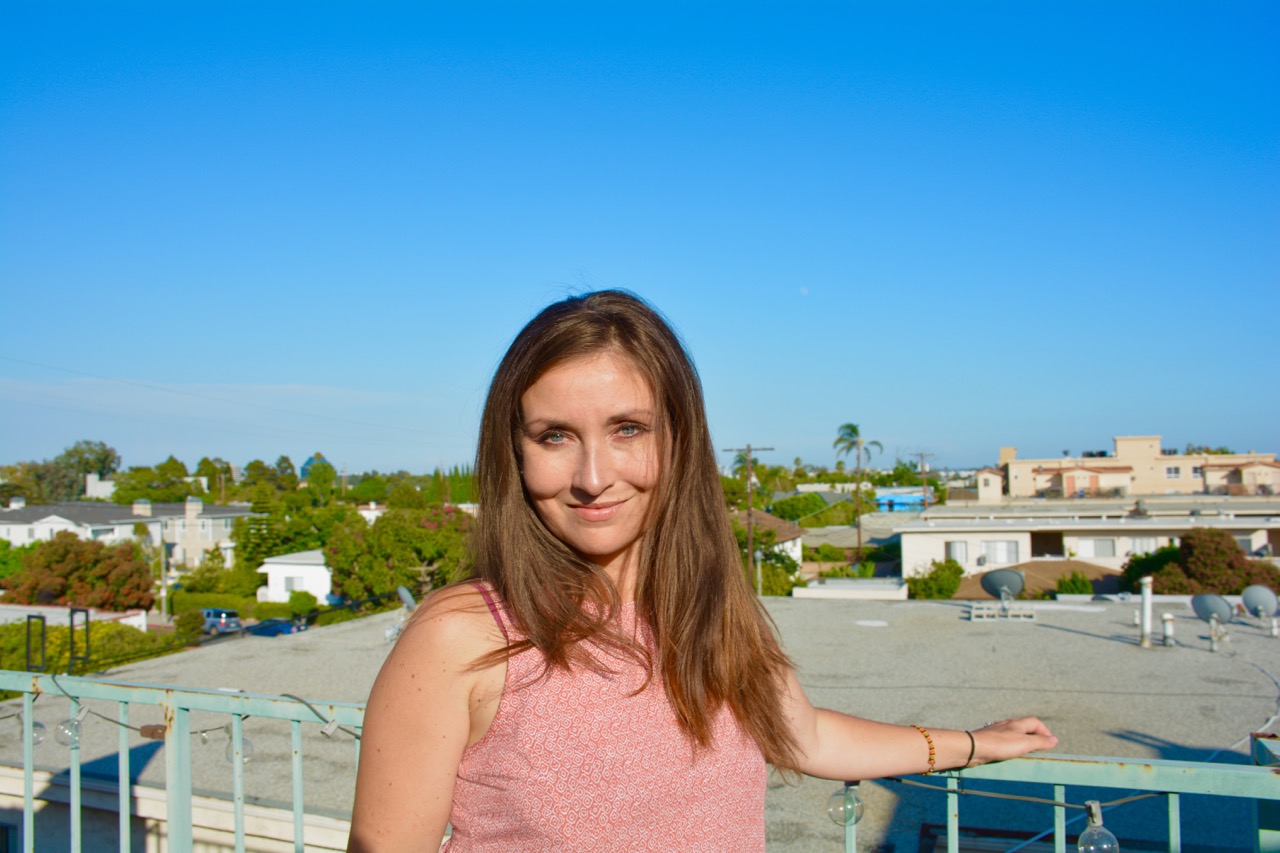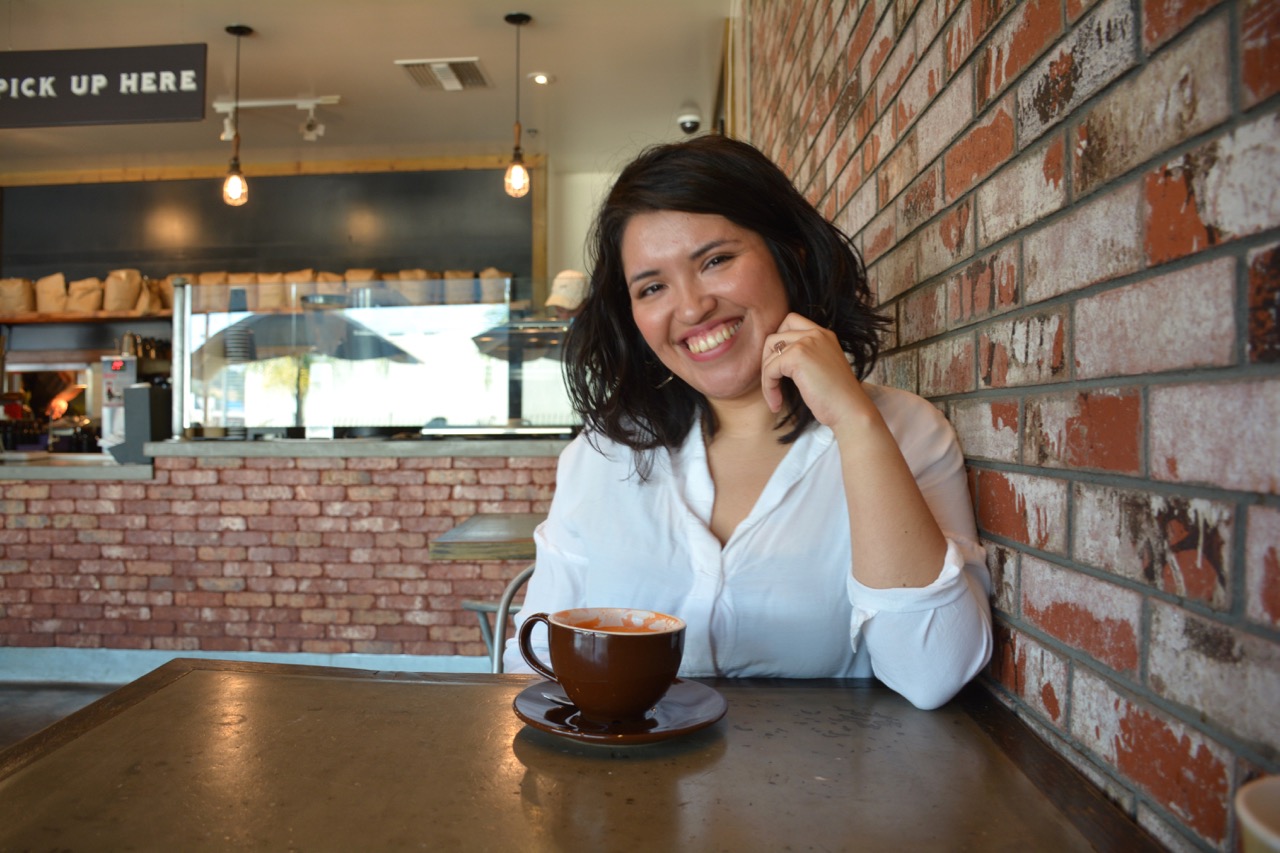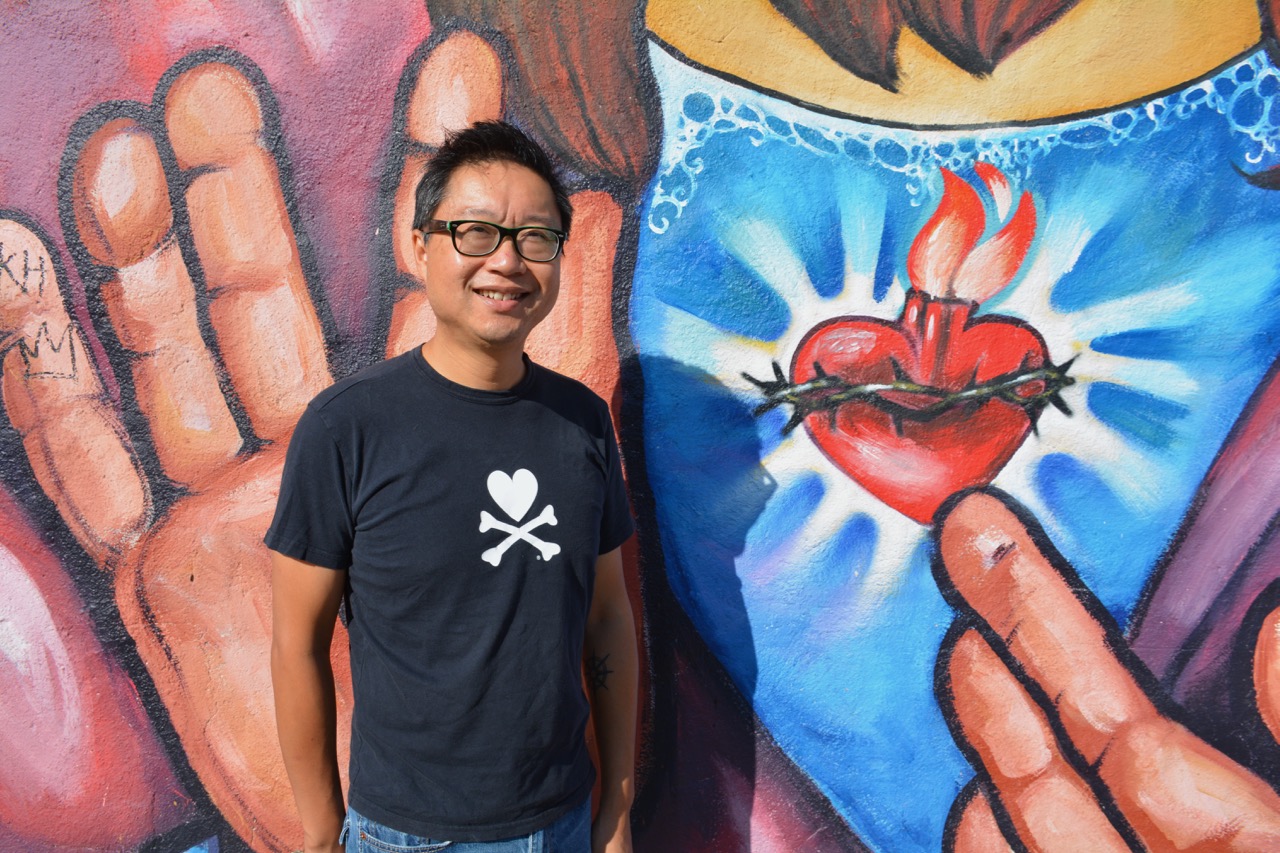THE COUNTRY IS ONLY GOING TO GET BROWNER
Eric Wat, 46, Hong Kong
I was born in Hong Kong when it was still a British colony, in 1970. I lived there until I was 12, and then I moved to the U.S. I’ve never really experienced racism here in L.A. Maybe I’ve blocked it out. Sure, you may be walking down the street …
Read More
I was born in Hong Kong when it was still a British colony, in 1970. I lived there until I was 12, and then I moved to the U.S. I’ve never really experienced racism here in L.A. Maybe I’ve blocked it out. Sure, you may be walking down the street and someone shouts something at you—but for me, that’s not racism, that’s just an idiot walking down the street. Racism, for me, is a lot more structural.
We have a history of exclusion, racism, gentrification, and capitalism in the U.S. Trump did not bring them to the table. What’s changed for me is that before the election, I had this idea that most people felt the way that I did. This did not turn out to be the case. For a few months after the election, when I saw a white person walking the street, I wondered, “What does he feel?” Knowing this felt emotionally different. It almost felt like our country died.
When I’m in a good mood, I think this is white supremacy’s last gasp, a reaction to gains that we have made. In politics, you never really win outright. You win some and then your opposition pushes back harder, and you have to push back even harder. I sit on the board of a Cambodian youth organization. I told them, “This is really your fight!”
I had my chance. Remember the ‘90s in California? We had Pete Wilson and Prop 187. A lot of this racism stuff started here. I may not have been at risk of being brutalized by the L.A. police, but seeing Rodney King and how clear it was that cops overstepped their boundaries made our city’s problems a matter of right or wrong for me, not a matter of “Oh, that can’t happen to me.”
I like to think that the demographics are on our side. The country is only going to get browner. I think the conversation is going to have to change. I’m actually really hopeful for the long-term future.




